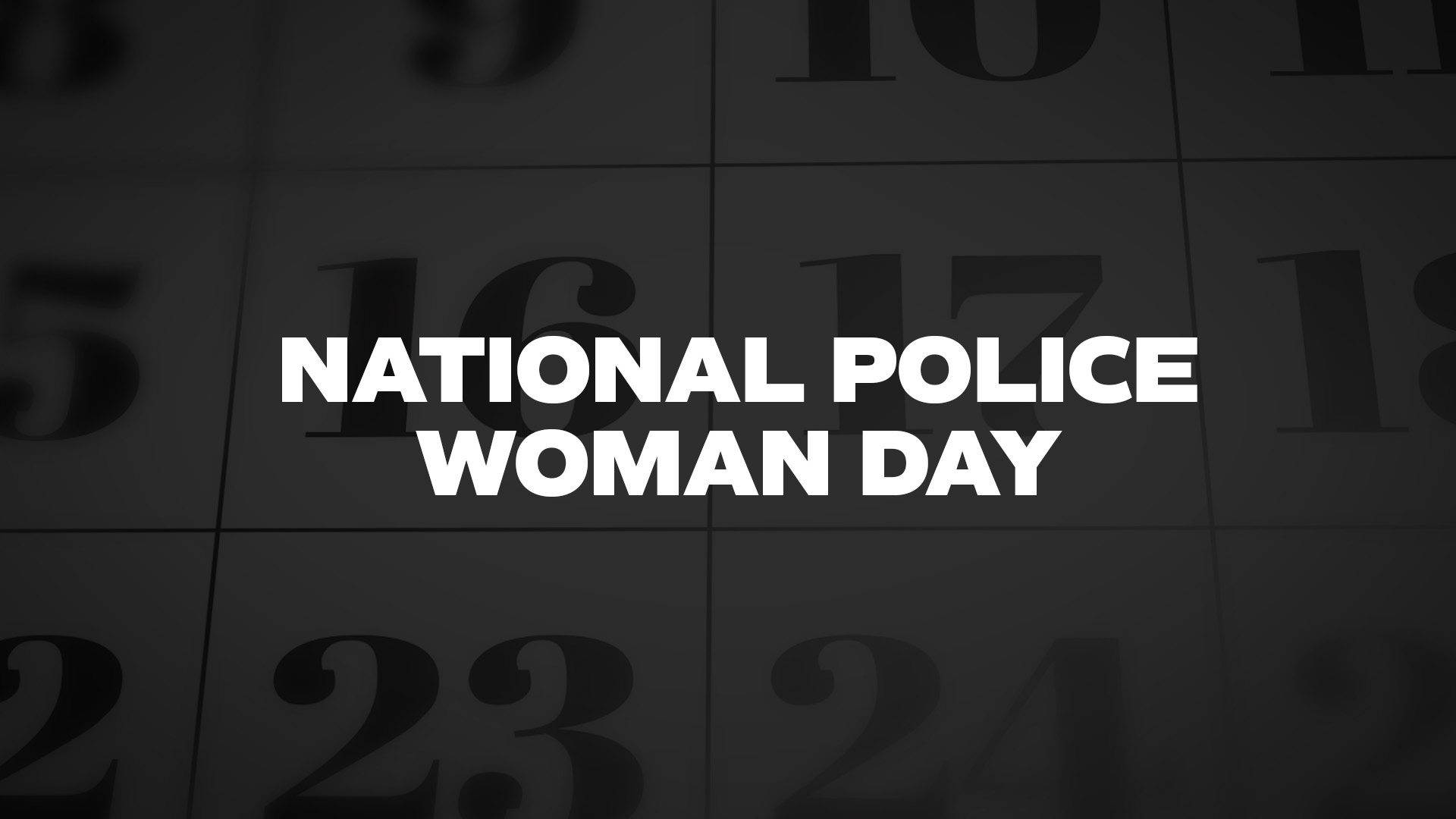National Police Woman Day is a holiday celebrated on September 12th every year, dedicated to recognizing and honoring the contributions of women in law enforcement. The day promotes gender equality, diversity, and inclusion in the police force, highlighting the achievements and challenges of female officers and their impact on public safety and justice.
#HASHTAGS
#NationalPoliceWomanDay
National Police Woman Day is celebrated annually on September 12th
| Year | Date | Day |
|---|---|---|
| 2023 | September 12 | Tuesday |
| 2024 | September 12 | Thursday |
| 2025 | September 12 | Friday |
| 2026 | September 12 | Saturday |
| 2027 | September 12 | Sunday |
| 2028 | September 12 | Tuesday |
| 2029 | September 12 | Wednesday |
| 2030 | September 12 | Thursday |
| 2031 | September 12 | Friday |
| 2032 | September 12 | Sunday |
| 2033 | September 12 | Monday |
| 2034 | September 12 | Tuesday |
| 2035 | September 12 | Wednesday |
